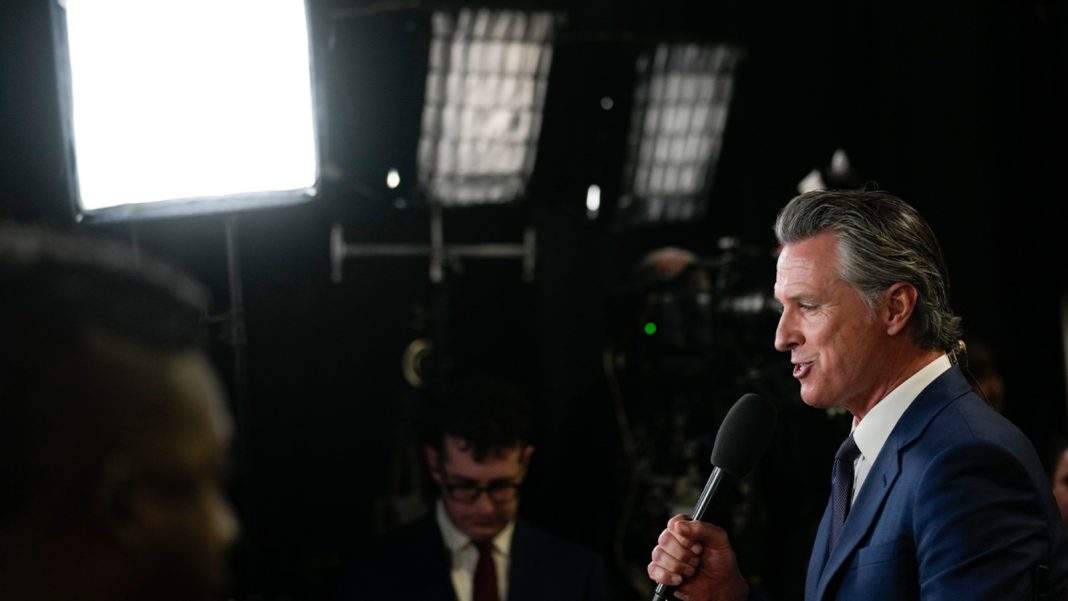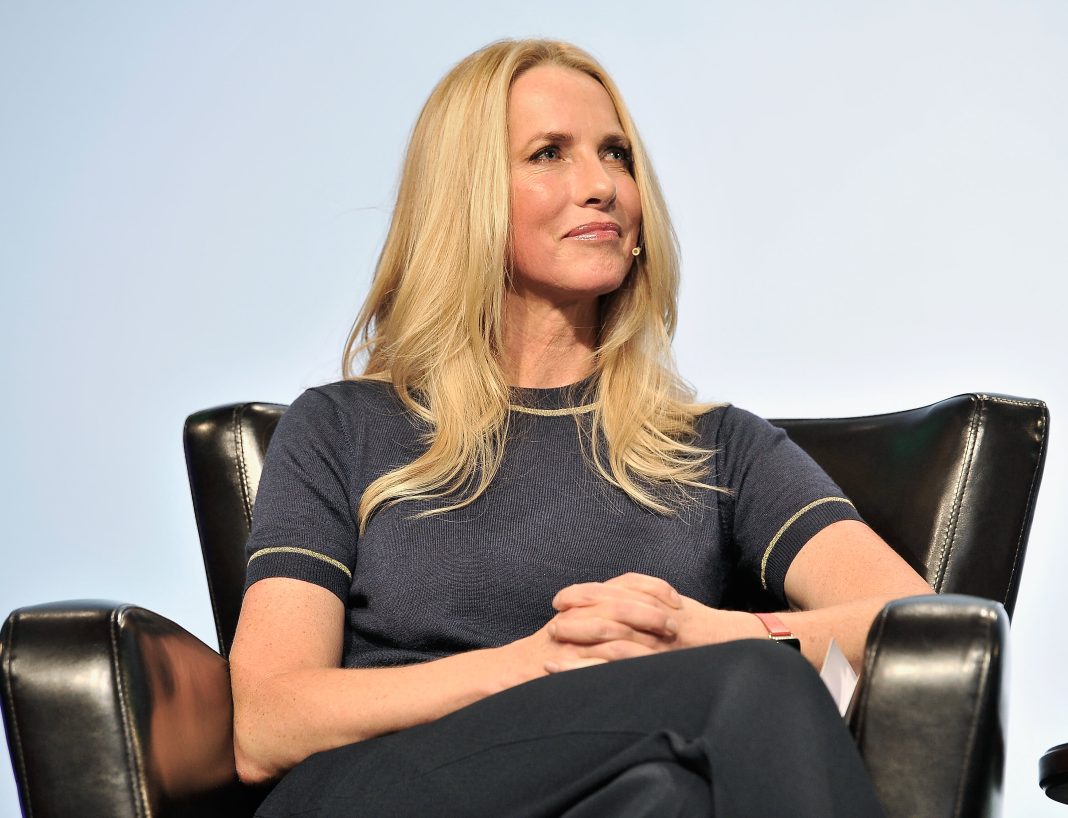In a significant development for the rapidly evolving field of artificial intelligence, California Governor Gavin Newsom recently vetoed a landmark bill that aimed to establish comprehensive safety measures for large-scale AI models. This decision underscores the tension between the urgency for regulation and the desire to foster innovation within the state’s influential tech sector.
The proposed legislation, SB 1047, sought to introduce stringent requirements for AI systems, particularly those with development costs exceeding $100 million—a threshold that, while not yet met by existing models, is anticipated to be crossed in the near future due to the industry’s explosive growth. Advocates for the bill, including notable figures like Elon Musk and the AI research company Anthropic, argued that it would have introduced much-needed transparency and accountability to an industry that has so far operated with minimal oversight.
In his veto, Newsom expressed concerns that the bill, while well-intentioned, would impose overly rigid standards that could stifle innovation. He stated, “While well-intentioned, SB 1047 does not take into account whether an AI system is deployed in high-risk environments or involves critical decision-making.” This perspective aligns with the sentiments of many in the tech industry, who fear that such regulations could inadvertently hinder California’s position as a leader in AI development.
However, the governor’s decision has not come without its critics. Senator Scott Wiener, the bill’s author, described the veto as a setback for public safety and oversight in an era where AI’s capabilities pose real and escalating risks. He emphasized, “The companies developing advanced AI systems acknowledge that the risks these models present to the public are real and rapidly increasing.” Wiener’s comments reflect a growing consensus among experts who caution that voluntary commitments from industry players often lack the enforceability needed to protect the public adequately.
The urgency for regulation becomes even more pronounced when considering potential future scenarios where AI could be manipulated to cause widespread harm—such as disabling critical infrastructure or facilitating the development of dangerous materials. Experts have pointed out that without a regulatory framework in place, the unchecked power of these technologies represents a significant risk not just to individual privacy but also to societal stability.
Looking beyond California, the U.S. finds itself lagging behind Europe in terms of AI regulations. While the proposed California bill was not as comprehensive as European standards, it represented a critical step forward in establishing guardrails for a technology that continues to raise concerns over job displacement, misinformation, and privacy violations.
Despite the veto, the discourse around AI safety is gaining traction, inspiring lawmakers in other states to consider similar measures. As Tatiana Rice, deputy director of the Future of Privacy Forum, noted, “They are going to potentially either copy it or do something similar next legislative session. So it’s not going away.” This sentiment reinforces the idea that the conversation surrounding AI regulation is far from over.
In a bid to balance the need for oversight with the desire for innovation, Newsom announced a partnership with industry experts, including AI pioneer Fei-Fei Li, to develop alternative safety measures for powerful AI models. This collaborative approach may pave the way for more nuanced regulations that address the specific risks associated with various AI applications without stifling technological advancement.
As California navigates this complex landscape, it remains imperative for stakeholders—policy makers, industry leaders, and the public—to engage in meaningful dialogue about the future of AI. The challenge lies in crafting regulations that not only protect the public but also foster an environment conducive to innovation. The outcome of this ongoing debate will undoubtedly shape the trajectory of AI development, not just in California but across the globe, as the need for responsible and ethical AI practices becomes increasingly urgent.


